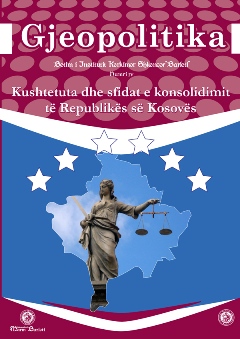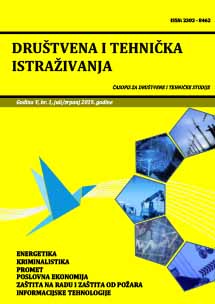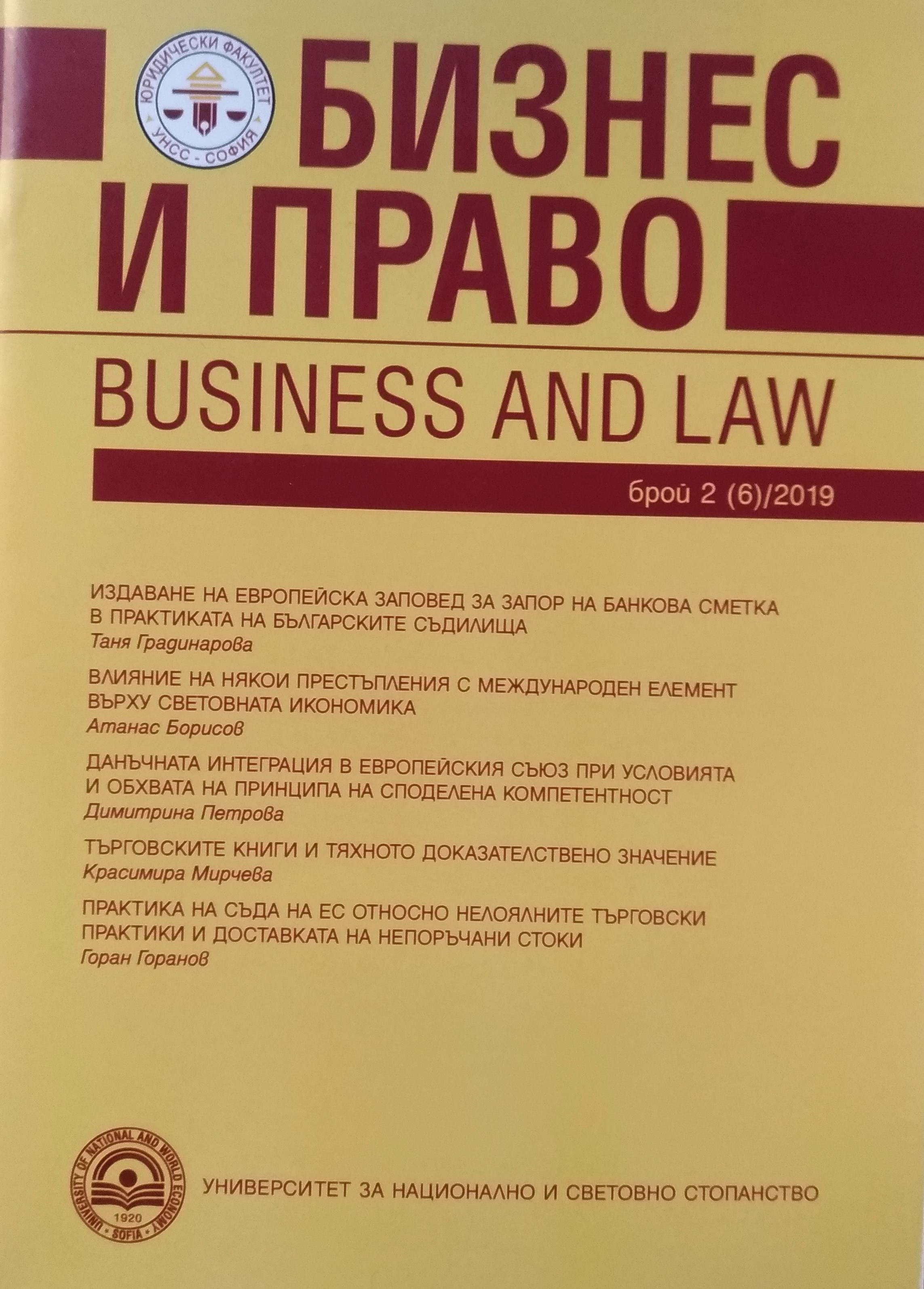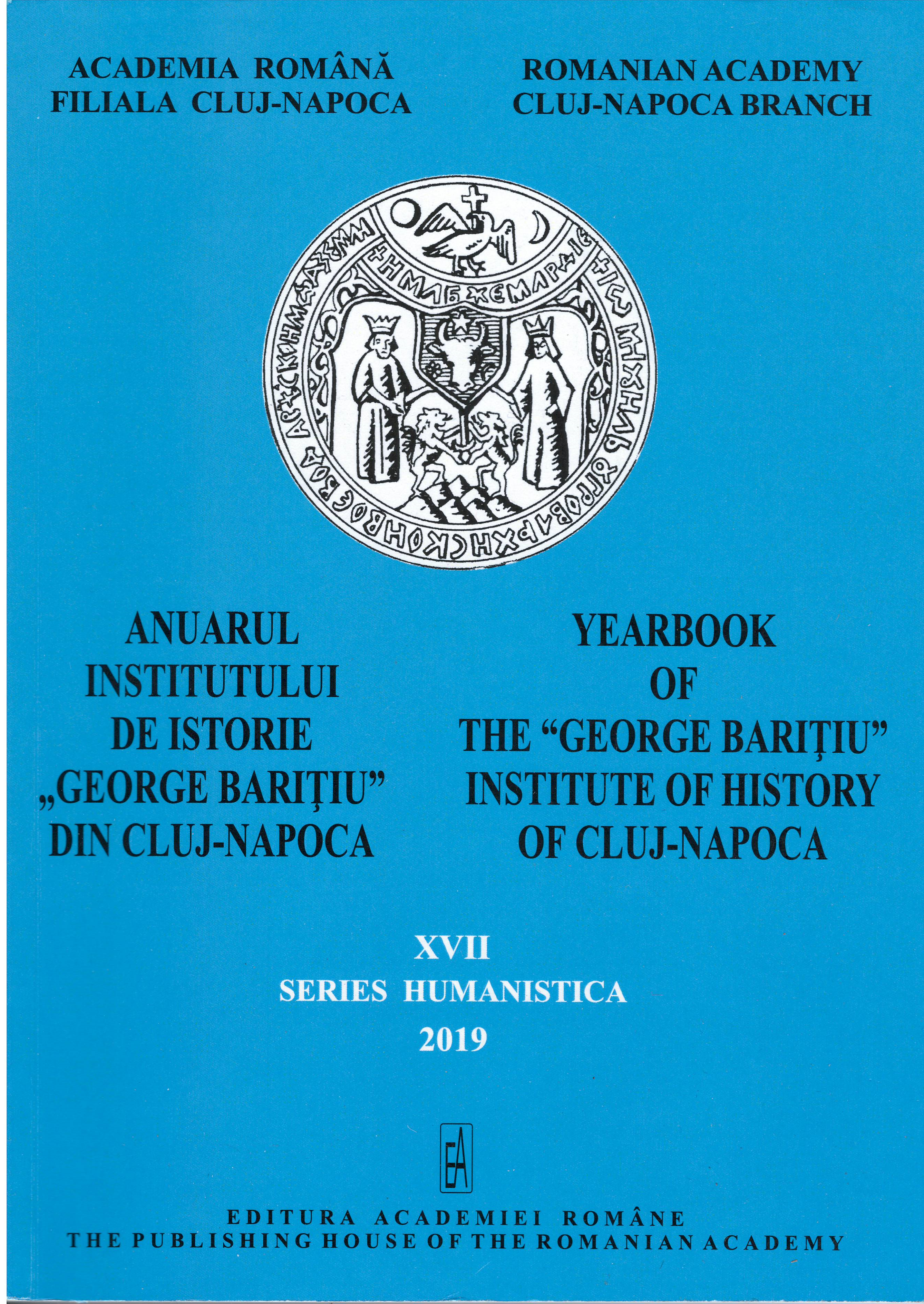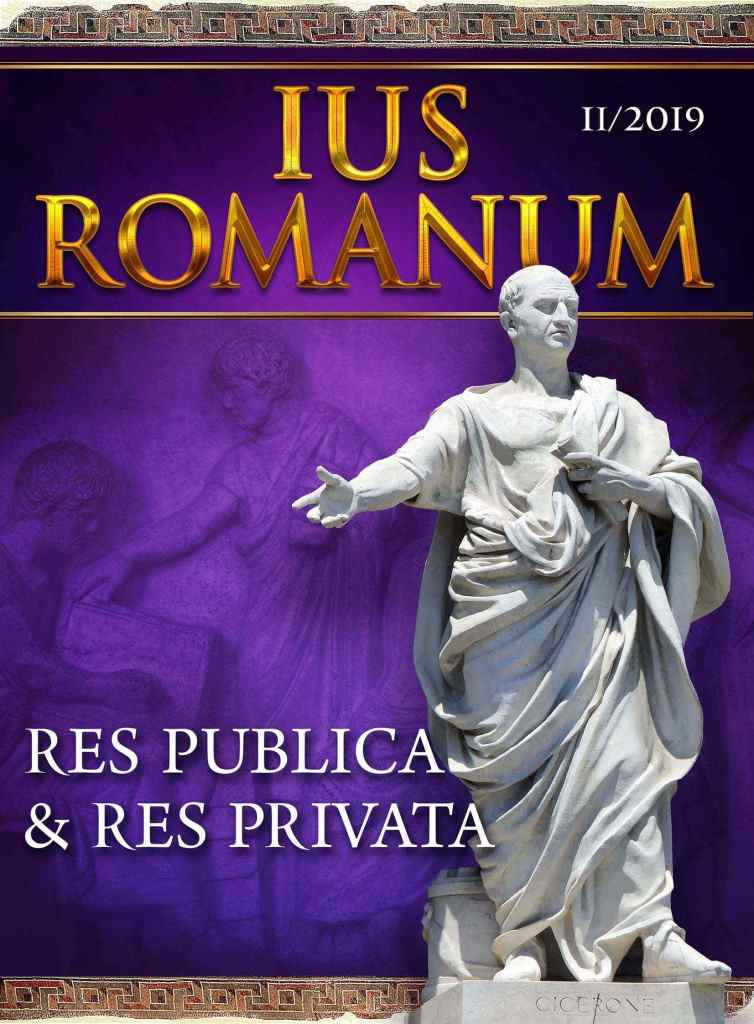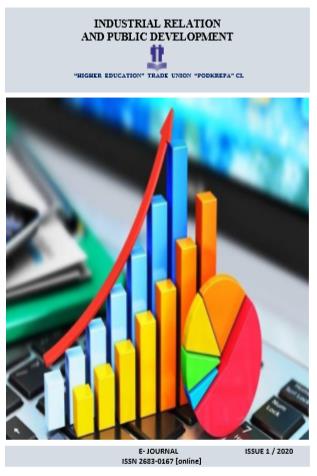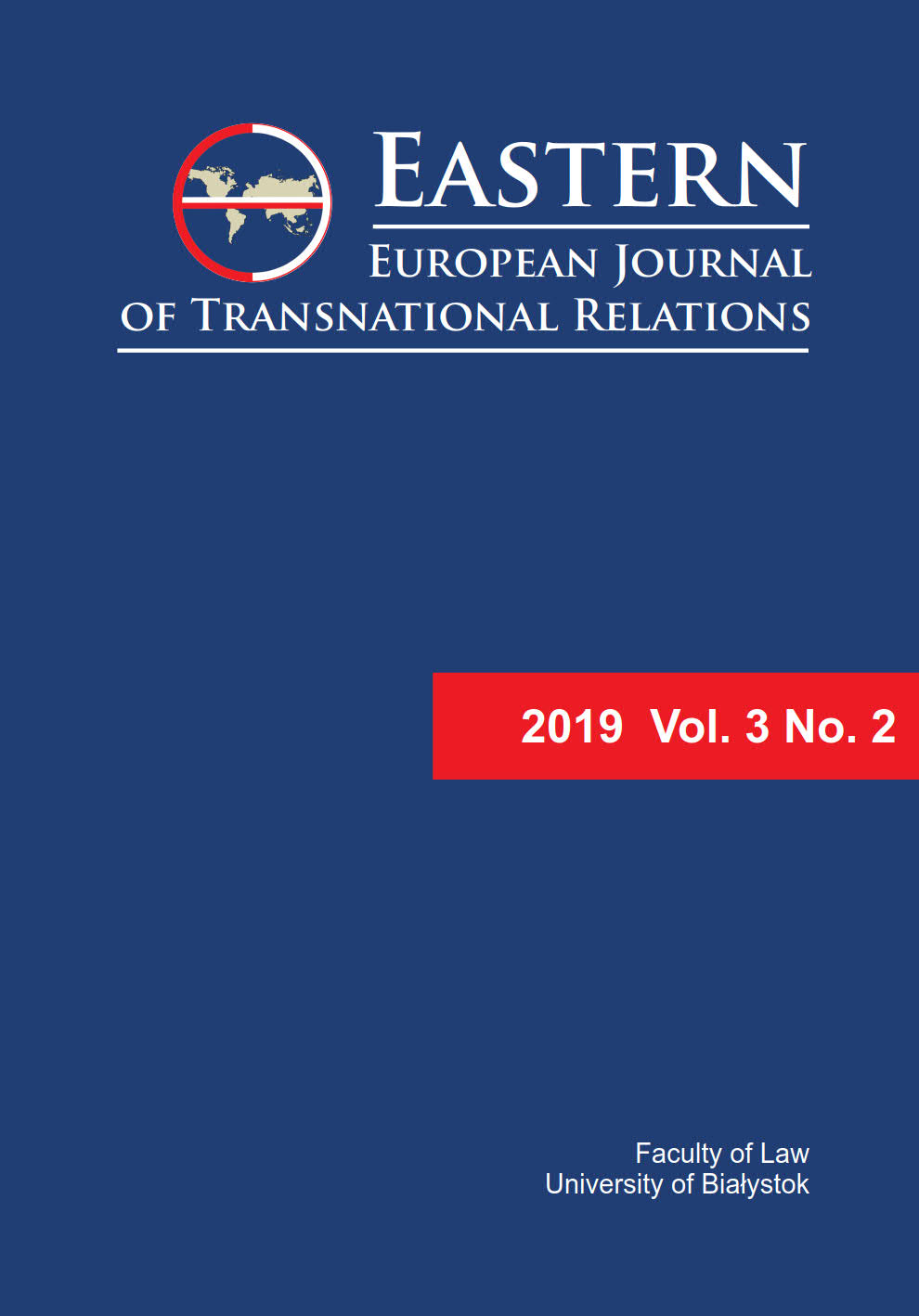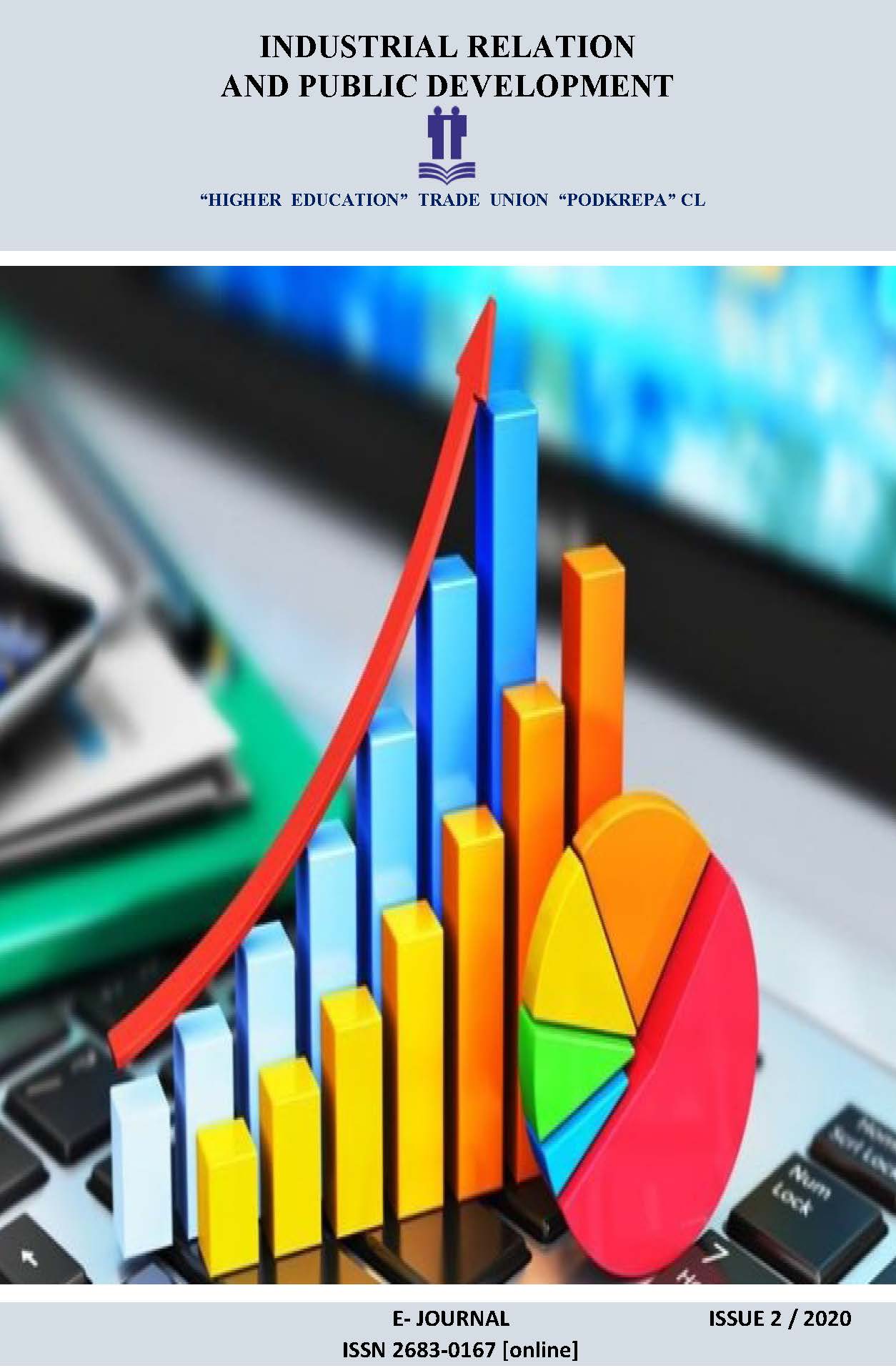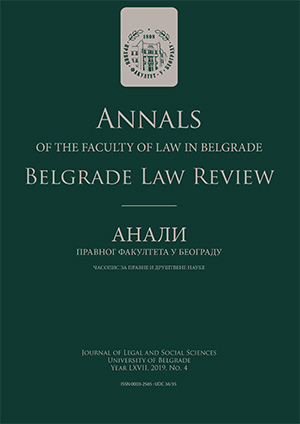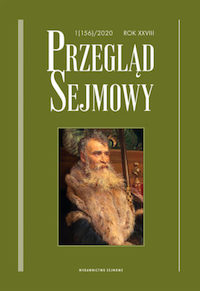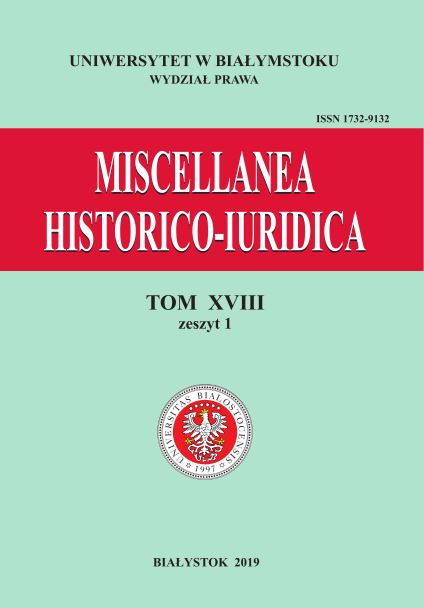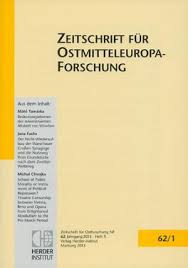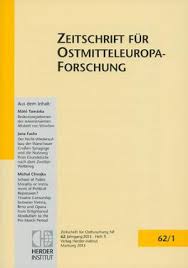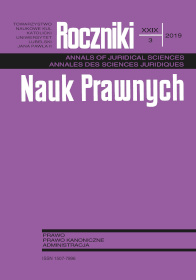Author(s): Marija Ignjatović / Language(s): English
Issue: 2/2019
The flourishing of Roman maritime navigation and trade created the need for the existence of legal regulative in order to deal with certain situations which appeared paralleled to the development of navigation and maritime trade. Legal regulative which was created as an expression of the needs of real life was realistic in its essence, since it reflected the real life. Although Romans were known in legal science for their legal ingenuity, legal logic, formation, creation and interpretation of law in accordance with the needs of practice, it is unlikely that they were the first creators of legal rules of maritime law and maritime trade, since they were not known as a maritime nation in history, like Phoenician people, and later Hellenic people. The influence of Phoenicians, the most significant merchants in the ancient times, was prominent in Rhodes, since Rhodes had been their colony for a long time. Thus, it is not surprising that the first rules of maritime law (Lex Rhodia de iactu) were created on this island. Although it was thought for a long time that the Rhodian maritime code had never been found physically, the findings from 1995 showed that this code had existed, perhaps even in the written form. At this point, the prevailing attitude is that the Rhodian maritime code most probably represented a collection of rules of maritime customary law, which later served as a good starting point for the creation of legal rules of Roman maritime law. Staring from the basic rules established in Lex Rhodia de iactu, Romans were ready for the development of maritime trade and law and continued the further development of law through the creation of new institutes, primarily in the form of contracts about the transportation of goods by sea (locatio-conductiooperisfaciendi), as well as through the creation of new procedural means which determined liability of the giver of a service, and the protection of the interest of users of a service in a maritime venture (passengers). From Roman law, these rules were transferred into Byzantine law.
More...
